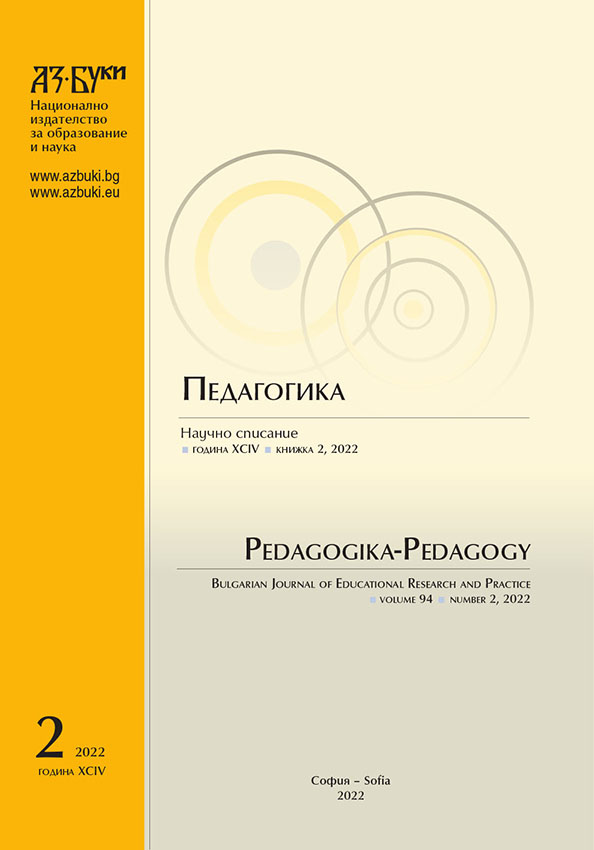University Learning Outcomes: Statement of the Issue within the Theory of Ill-Posed Problems
University Learning Outcomes: Statement of the Issue within the Theory of Ill-Posed Problems
Author(s): Alma Turganbayeva, Maktagali Bektemessov, Marina SkibaSubject(s): Social Sciences, Education, Vocational Education, Adult Education, Higher Education , State/Government and Education, Inclusive Education / Inclusion, Distance learning / e-learning, Pedagogy
Published by: Национално издателство за образование и наука „Аз-буки“
Keywords: university management; inverse problems; incorrect problems; incorrectness of the educational process; classification of types of uncertainty and incorrectness; learning outcomes; design of the educat
Summary/Abstract: The article discusses the problem of determining the learning outcomes for educational programs of the university, including at the program level and the level of individual disciplines included in the program. The goal is to substantiate the understanding of the definition of learning outcomes at a university as an inverse ill-posed problem within the framework of the theory of ill-posed problems, which will allow further reengineering of the educational process at a university based on models of inverse and ill-posed problems. The article identifies the types of uncertainty inherent in education, which affect the possibility of an incorrect decision. The publication substantiates a new understanding of the educational process focused on learning outcomes at a university, as a process of finding a solution to an inverse incorrect problem. In this case, the learning outcomes formulated for a specific educational program are considered as an available solution to the inverse problem. The research carried out by the authors made it possible to construct a mathematical model of the educational process at the university and identify its components. The authors demonstrate that the optimal way to design the educational process is to design it as an inverse problem, and the list of disciplines, their content and the corresponding learning outcomes are determined and developed at subsequent stages, focusing on the goals of the program.
Journal: Педагогика
- Issue Year: 94/2022
- Issue No: 2
- Page Range: 196-212
- Page Count: 16
- Language: English
- Content File-PDF

